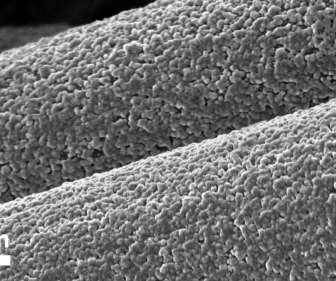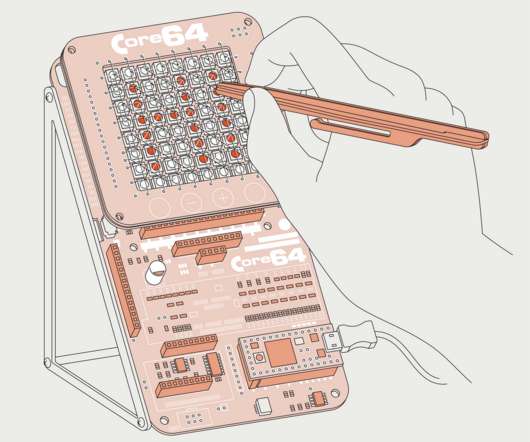Cornell team develops aluminum-anode batteries with up to 10,000 cycles
Green Car Congress
APRIL 6, 2021
Friend Family Distinguished Professor of Engineering, have been exploring the use of low-cost materials to create rechargeable batteries that will make energy storage more affordable. Now, they have employed a different approach for incorporating aluminum, resulting in rechargeable batteries that offer up to 10,000 error-free cycles.

































Let's personalize your content